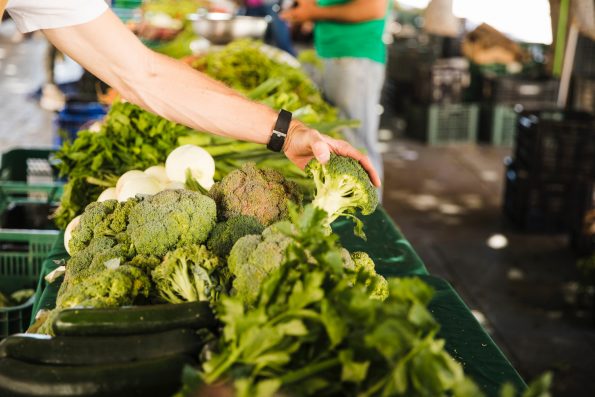The global food system is a marvel of logistics and technology, delivering large quantities of food at low prices, but relying on unsustainable practices. Local food systems are crucial for community health and sustainability, with support for them increasing in recent years.
It’s important to know where your food comes from and how it’s produced. Local farmers focus on sustainable practices like crop rotation and avoiding chemicals, creating a healthy ecosystem for their crops.

Why Support Local Food Systems
Consumers are demanding more local food, leading businesses to build relationships with local farmers. Supporting local food systems not only benefits the environment but also showcases a commitment to sustainability.
Investing in infrastructure like small packing, distribution models, and food hubs is necessary to support local food systems. By demanding local produce, consumers can drive change and promote healthier, fresher food options.
Buying locally sourced ingredients supports the economy and small businesses, while also providing fresher and higher-quality products for consumers.
Local Food Systems in Rural Communities
Rural communities can benefit greatly from supporting local food systems, utilizing existing infrastructure and knowledge to produce food for both residents and tourists. Governments and NGOs can play a role in enhancing local food access for isolated communities.
Final Thoughts
Supporting local food systems is not just a trend; it offers numerous benefits for the environment, economy, and community. Investing in local food today ensures a sustainable future for farming and food security.







